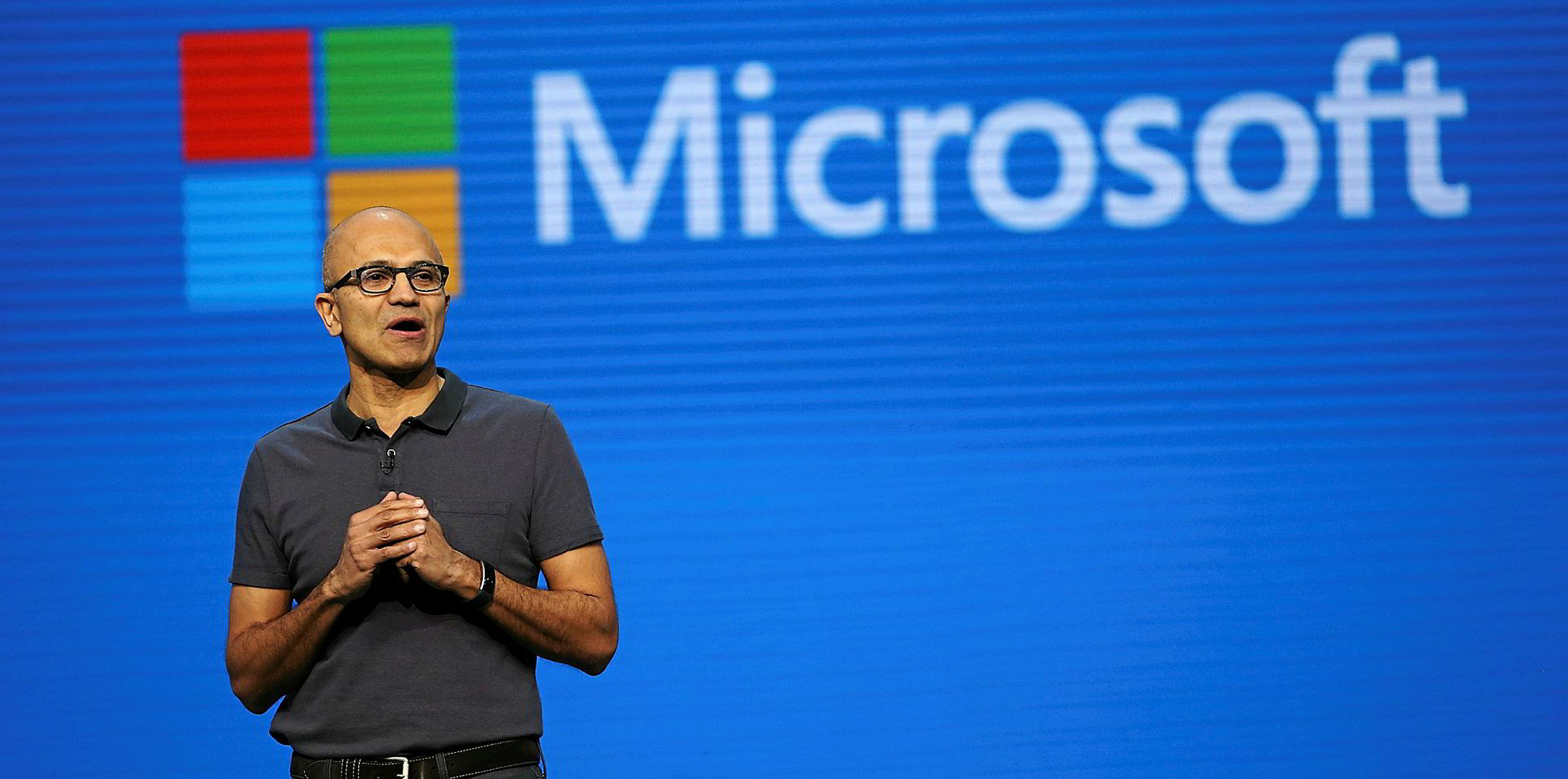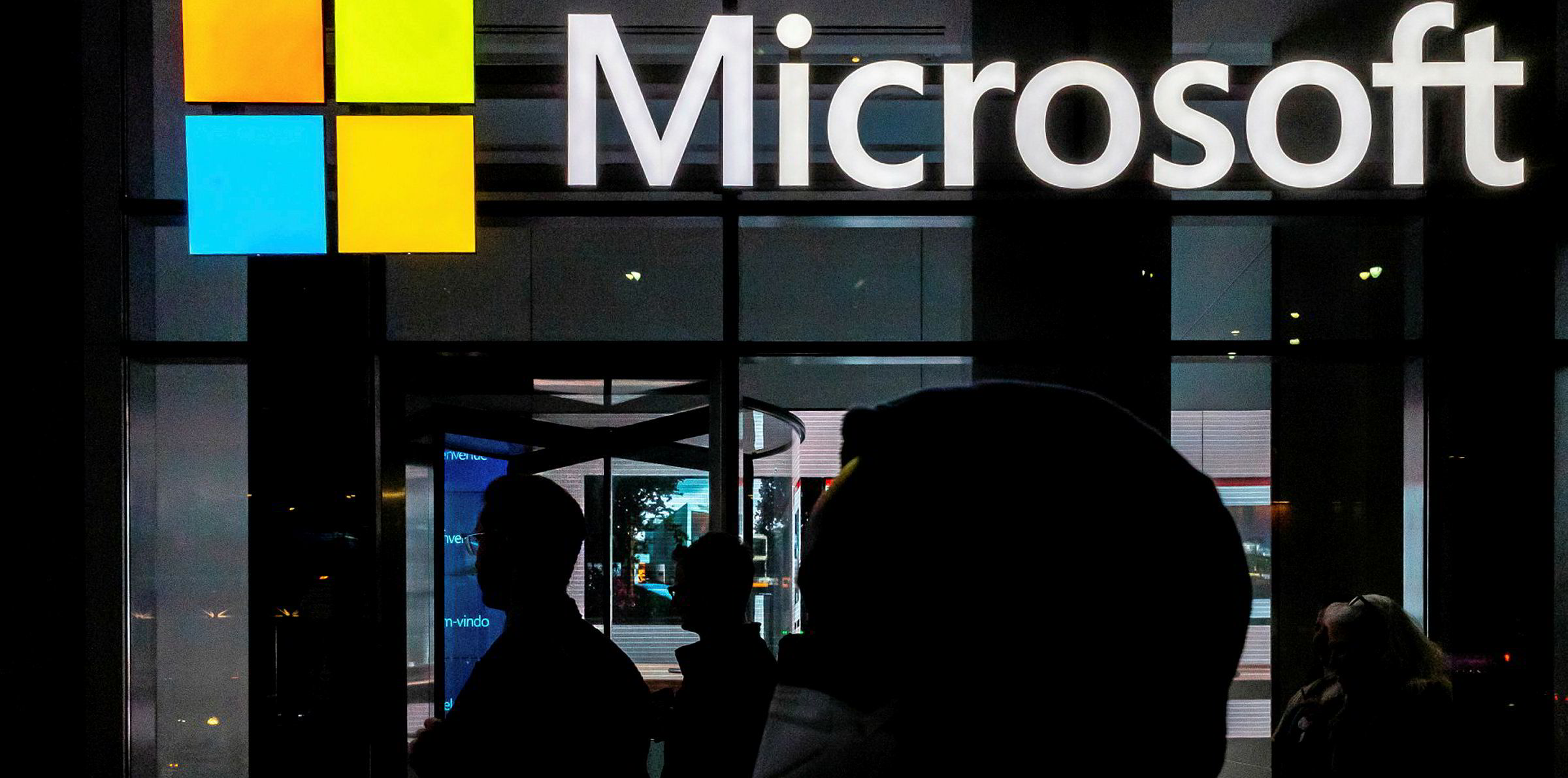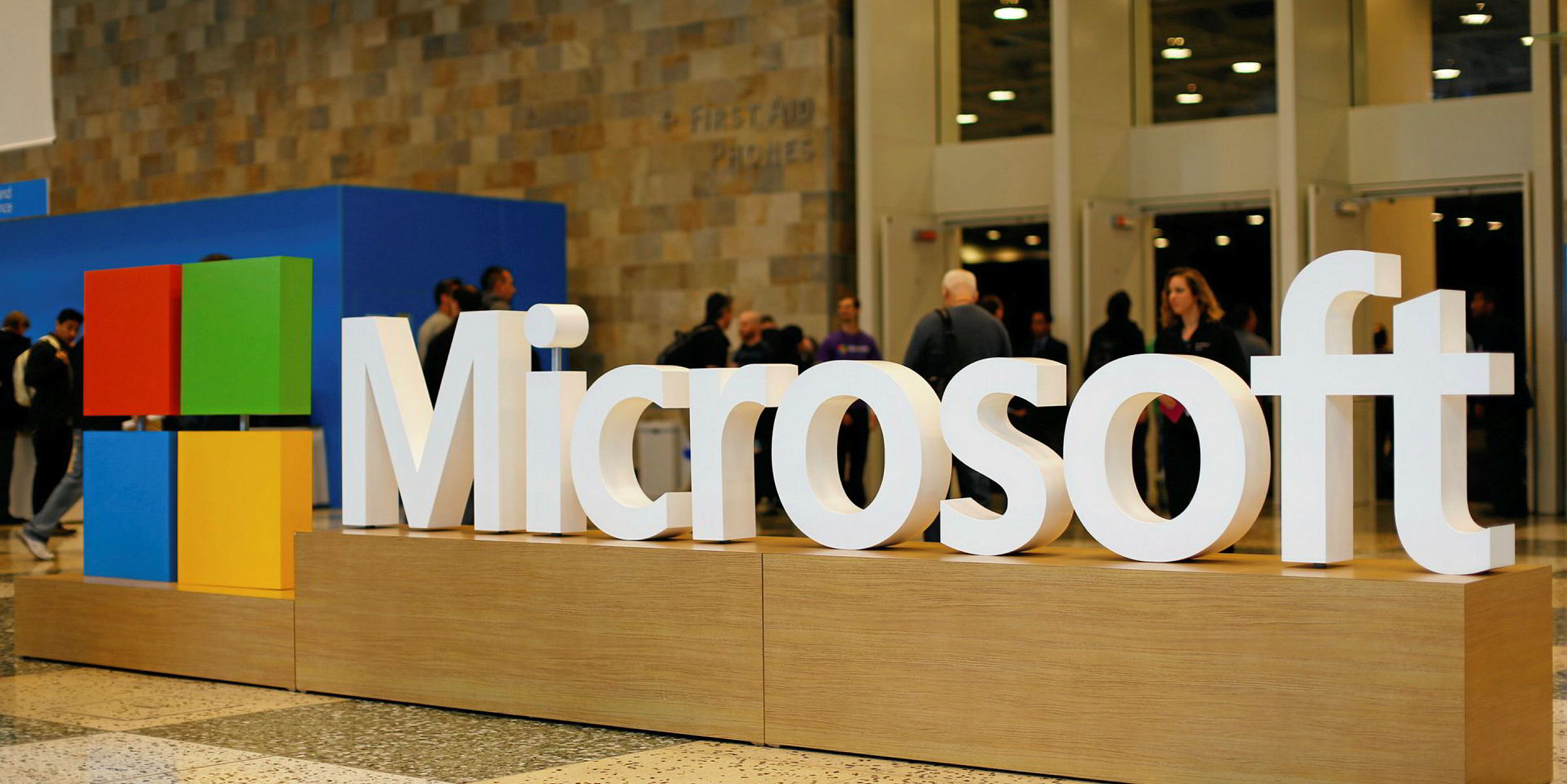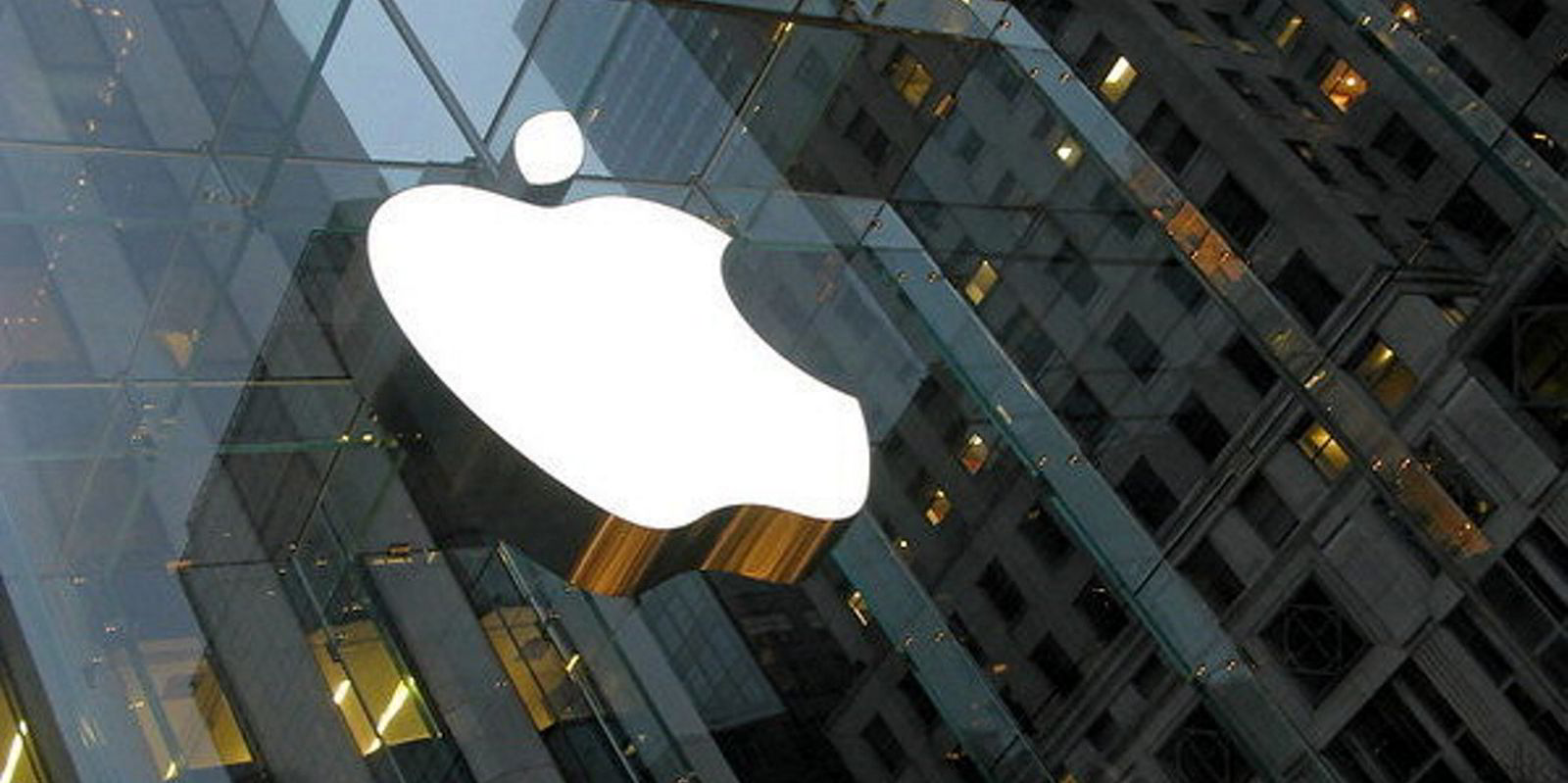Microsoft has demonstrated its commitment to H2 by joining the CEO-led Hydrogen Council coalition as a steering committee member.
The technology giant plans to make renewable hydrogen a key part of its plans to become carbon negative by 2030, while green H2 is also expected to win financing from the company’s $1bn Climate Innovation Fund.
Hydrogen-powered fuel cells can replace diesel generators as a back-up energy source for power-hungry data centres in the event of grid outage, while on-site liquefied hydrogen storage could also be used to cool down servers.
“Microsoft’s global datacentre operations are a significant consumer of energy and we are currently experimenting with multiple carbon-free technologies for primary power, back-up power, and energy storage as well as investing in meaningful, measurable climate solutions that need capital to scale in the market through the Climate Innovation Fund,” the company said in a statement.
“Our experimentation in power generation, storage, and transportation fuels could make significant cost reductions possible by 2030. In addition, deployment of hydrogen FCEVs [fuel-cell electric vehicles] in our global campus vehicle fleets can help us meet our electrification goals by 2030.”
Last week, Utah-based energy solutions company Power Innovations announced that it had run a “full data center server load” on hydrogen-powered fuel cells for 48 hours straight, demonstrating the zero-carbon fuel’s potential in the sector. Microsoft revealed on Monday that it had too had powered a row of data centre servers for 48 consecutive hours.
Microsoft chief environmental officer Lucas Joppa will be the company's representative on the Hydrogen Council.
Ten other companies also joined the Hydrogen Council at the same time as Microsoft, increasing its membership to 92 businesses.
The new members are shipping giant CMA CGM; Abu Dhabi state-owned sovereign investor Mubadala, Australian investor Providence Asset Group; energy technology company Baker Hughes; Swiss chemical company Clariant; German transport industry supplier Mahle; Japanese transportation company NYK Line; the Port of Rotterdam; energy engineer TechnipFMC; and global materials technology and recycling group Umicore.
Existing members of the Hydrogen Council — which describes itself as “a global initiative of leading energy, transport and industry companies with a united vision and long-term ambition for hydrogen to foster the energy transition” — include Shell, BP, Total, Saudi Aramco, EDF, Engie, Toyota, Daimler, BMW, Audi, Siemens, Alstom and Air Liquide.
Green hydrogen (produced from renewables-powered electrolysis) and blue H2 (from fossil fuels with carbon capture and storage) are set to play a major role in the energy transition, as the zero-emission fuel can be used for hard-to-decarbonise sectors such as heat, transport and heavy industry, as well as being a viable long-term energy-storage medium.




